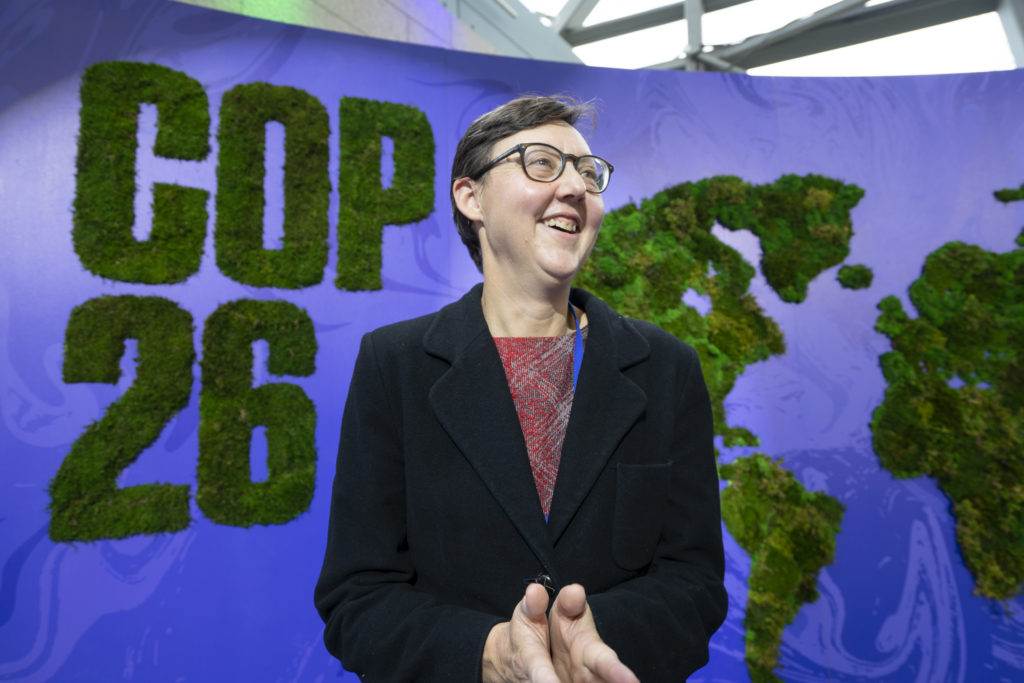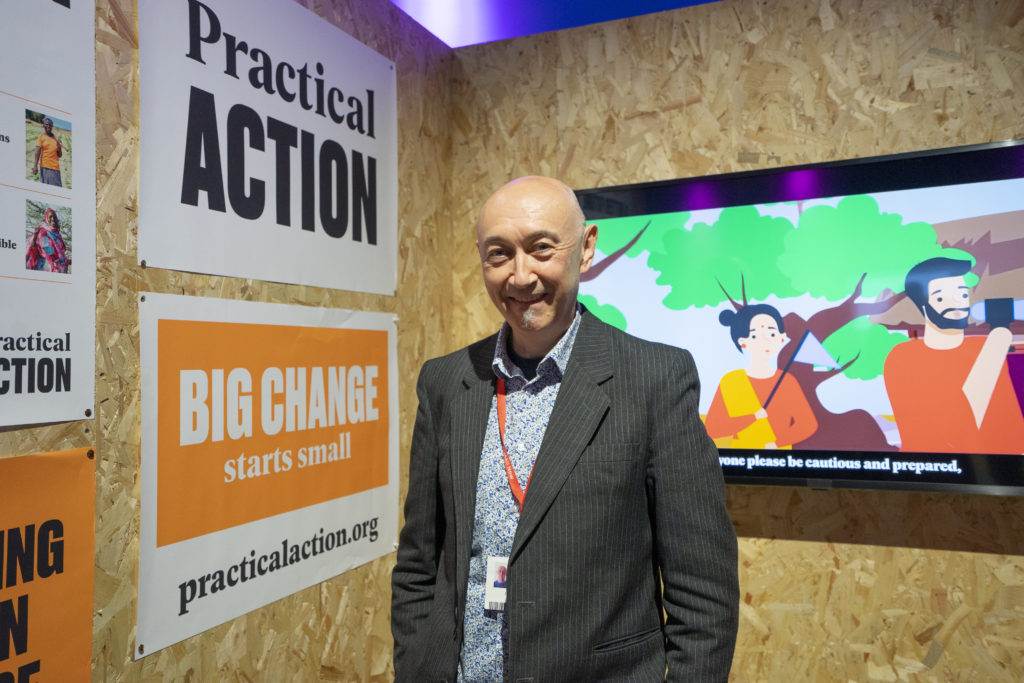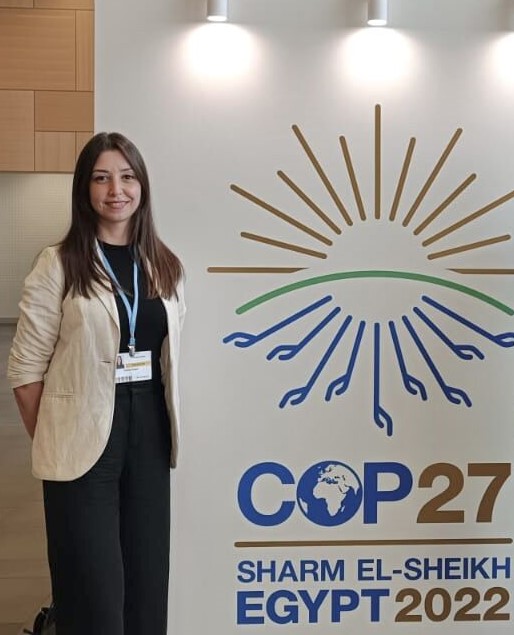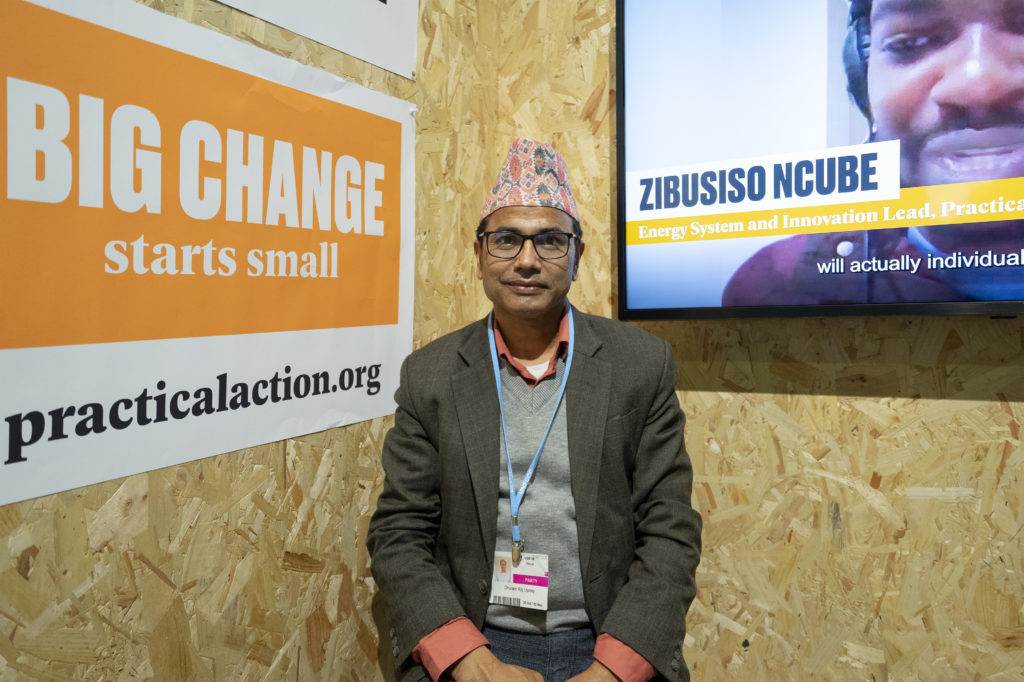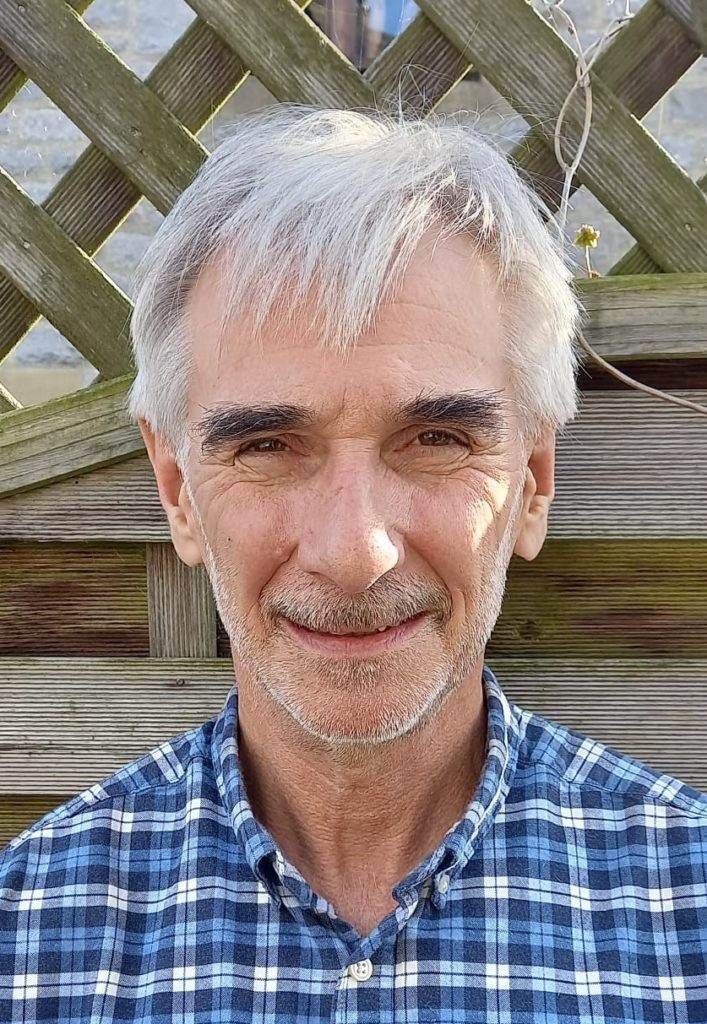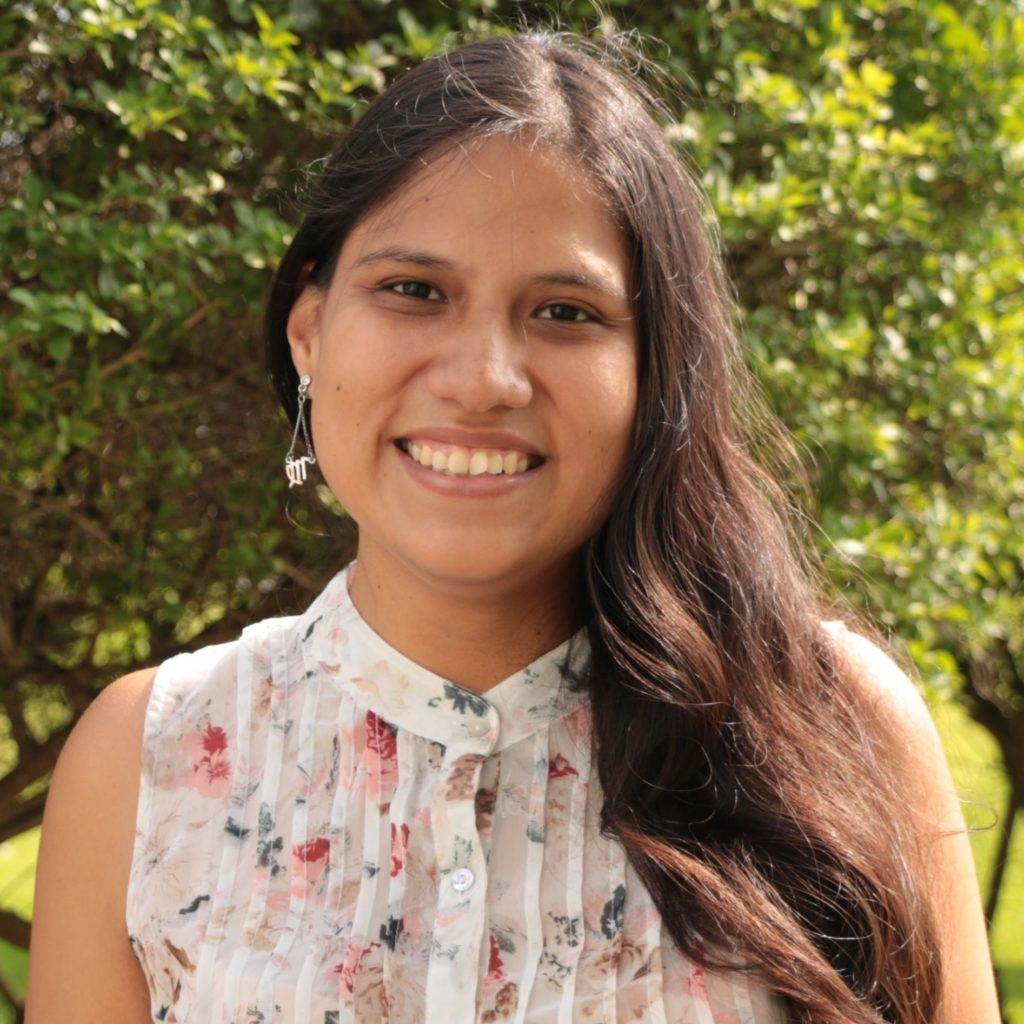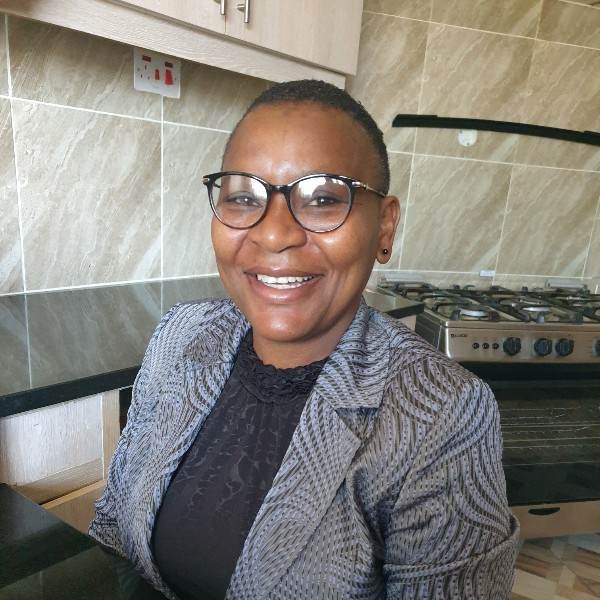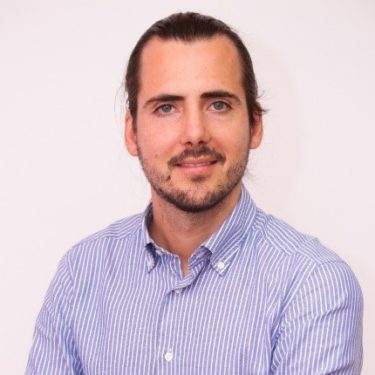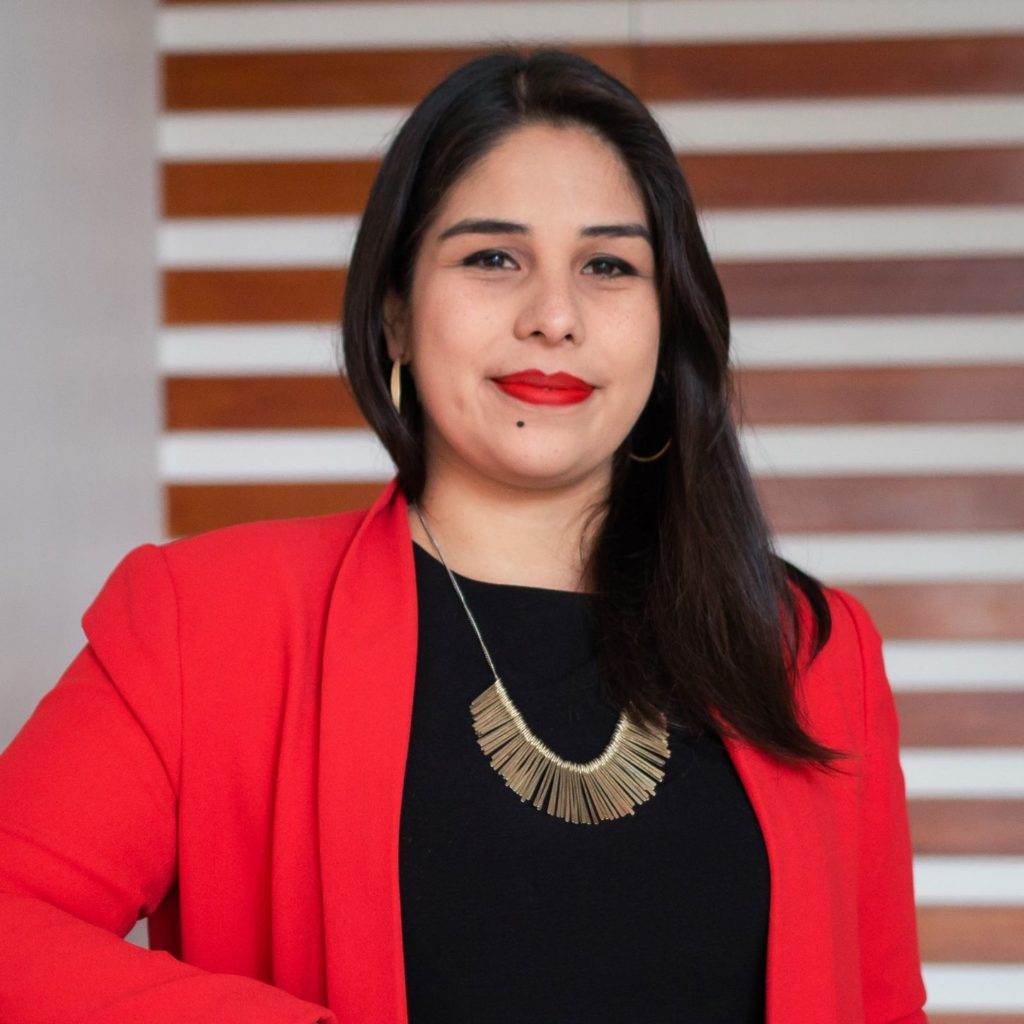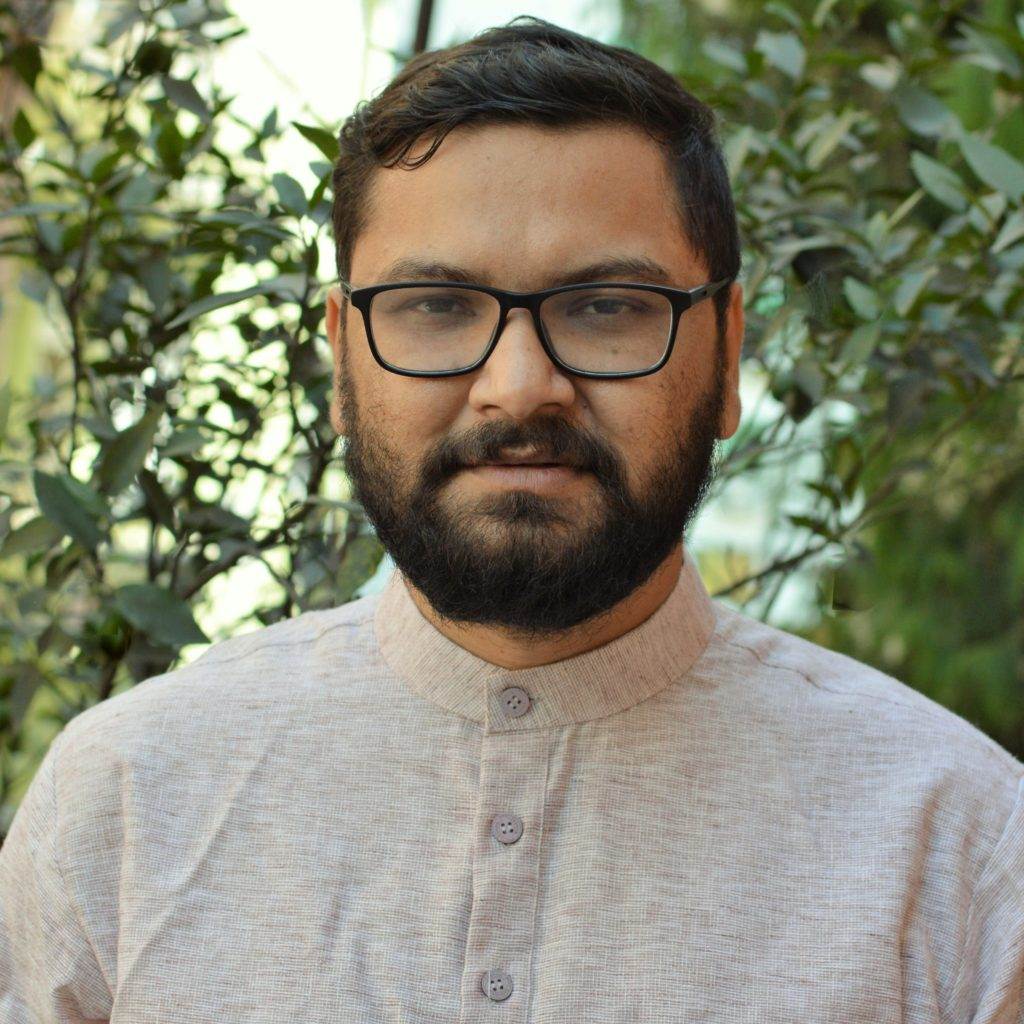Most climate experts described COP26 as the most significant climate moment since the 2015 Paris Agreement, since countries were expected to report on progress against their commitments. COP26 was the first opportunity to see if we are on track to respond to the multiple challenges presented by the climate emergency and where more efforts are required.
At COP26, Practical Action shared lessons and amplified the voices of the people we work with – those living on the frontlines of climate change. These communities understand what needs to change and what solutions work. It’s time to scale up these solutions while we still can.
Urgent action and funding are needed to protect low-income and frontline communities from climate impacts. We also need to improve livelihoods, restore nature, create jobs, and build a fair, green economy. The right support and finance has to reach those who need it most.
